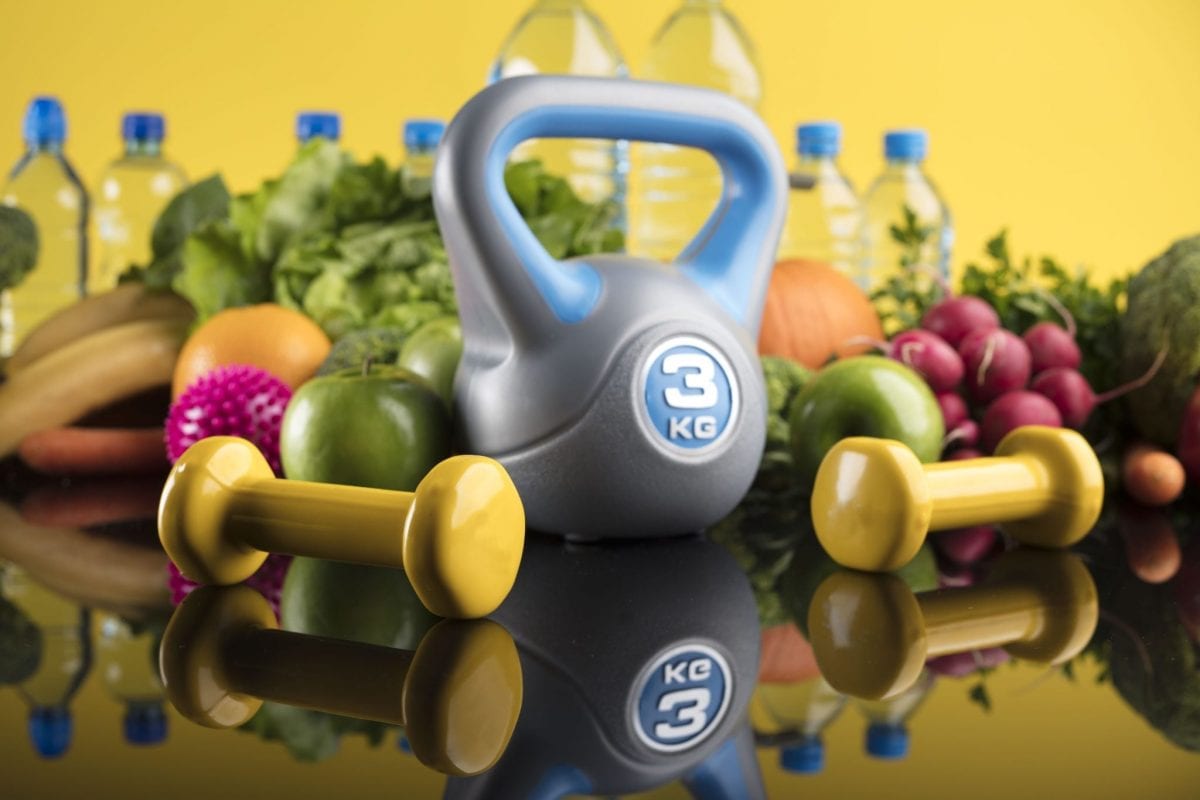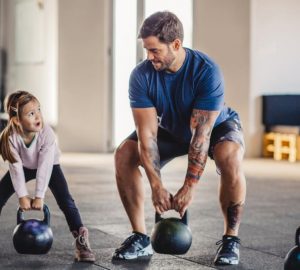There are numerous diet plans out there advocating for various goals such as losing weight or strength training. A good diet plan combined with your fitness routine can help you achieve better overall results. A good and balanced diet tailored to your fitness routine will give your body adequate calories and nutrients to fuel all your fitness activities.
Your fitness plan often informs your diet plan and a nutrition guide is a great place to start. This is because different activities have different demands on your body. If you want to lose body fat for instance, your diet plan will be different from one who wants to do strength training.
What Are Your Goals?
Fitness activities are geared towards specific goals. These goals determine the type and amount of food you eat. For instance, if you might want to add more muscle, you will need to eat more protein foods. If you want to lose weight, staying away from fatty foods and simple carbohydrates might help you cut some weight. Being fully aware of your goals is the first step to an effective diet plan for your fitness routine.
What Is In Your Diet?
There is always a diet plan for everyone. A healthy diet will nourish and keep your body healthy, in addition to giving you all the necessary energy to keep up with your fitness exercises. When determining what to add in your diet, consider the following:
1. Breakfast Is Key
The first meal of the day is the most important. If you skip breakfast, especially on exercise days, you might feel drained, lethargic and lightheaded. According to advice from Karen Threlkel, a naturopathic physician and a nutritionist, simple carbohydrates for breakfast can give you a much-needed energy boost but you will feel hungry sooner. Protein and fiber in your breakfast will satiate you longer and give you the energy required for fitness exercises.
2. The Right Carbohydrates
Simple carbohydrates, especially those processed and with added sugar should be avoided. Instead choose foods with complex carbohydrates such as whole grains, vegetables and beans.
3. Don’t Forget Protein
Protein is crucial for your fitness routine. During exercise, muscles get damaged albeit at very small levels. Protein builds and repairs torn muscles and provides energy in the absence of carbohydrates. Adding protein in your meal plan also helps you avoid chronic fatigue during long recovery periods after exercise.
4. Healthy Fats
Go for unsaturated fats from peanut butter, nuts, fish, avocadoes, soy products, and seeds.
5. More Fruits and Vegetables
Fruits and veggies are low in fats and calories but rich in fiber, minerals and vitamins. They also help in digestion. Any fitness routine should incorporate lots of vegetables and fruits.
Check Your Calorie Levels
Exercises might be demanding on your body. Ensure that you balance your calorie intake, according to your fitness routine. Some routines might require more calories while the body might need fewer calories for certain activities. The goal is to balance calories to achieve desired goals.
Fuel Up Before and After Fitness Activities
Pre and post workout meals are important and you should not skip them. If you start exercising without a pre workout meal to fuel your body, you might end up fatigued. Similarly, after a workout, try foods that can replenish lost energy in the body.
Different fitness activities have different demands on the body. The type and amount of food you eat will have a great impact on your fitness goals. Just remember to eat balanced meals and more plant-based food.








